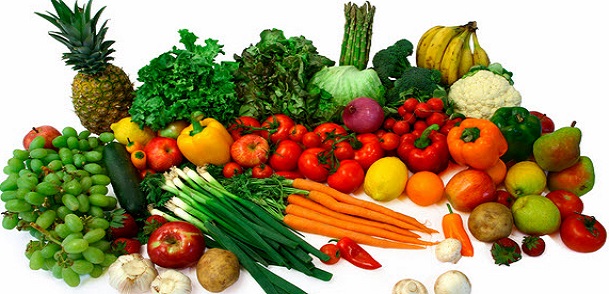
The main objective of the Performance Nutrition Unit is to improve the athlete’s performance through optimising fuelling, hydration and supplementation practices.
What is Performance Nutrition?
Performance nutrition is the use of dietary interventions to impact and improve athletic performance and training ability. The strategies used are different for each athlete and are developed using a detailed knowledge of:
- The athlete including lifestyle, learning style and willingness to change
- The sport and event
- The athlete’s current intake, nutrition awareness and practical skills (cooking, shopping, etc.)
- Nutrition and performance (including biochemistry and physiology)
A large part of the nutritionist’s role is to translate evidence based scientific guidelines relating to nutrition and sports performance into practical everyday advice on eating that is specifically tailored to the individual athlete. The performance nutritionists also work closely with performance science, performance medicine, strength and conditioning, psychology and physiotherapy to ensure interventions impact to athletes’ strengths and weaknesses.
The Sports Institute provides a range of nutrition services to enhance performance during both training and competition phases. Common interventions include:
- Dietary assessment: Assessing the athlete’s nutritional intake against their training and competition requirements and modifies their diet to meet these demands.
- Assessment and monitoring: On-going assessment of body composition, blood biochemistry and overall health to identify areas needing improvement and assessment of impact.
- Travel advice: For the vast majority of athletes in the Sports Institute, foreign travel is common. The nutritionists provide valuable advice for preparing for travel as well as coping when abroad e.g. food hygiene, food choices and food safety.
- Practical skills education: Practical skills workshops are an important component of performance nutrition and these are used to improve the athlete’s knowledge of specific nutrition areas e.g. hydration, recovery, supplements and develops their skills in cooking and shopping.
How Does Performance Nutrition Help Athletes?
The Performance Nutritionist identifies areas in an athlete’s diet that if improved will enhance their ability to train, recovery and compete. Some common examples include:
- Improving the quantities and types of foods eaten before a training session improves an athlete’s ability to cope with a specific training load. Different strategies will be used depending on the training phase of the athlete.
- Eating the correct balance of nutrients (primarily protein and carbohydrates) directly after a training session makes sure the athletes body gets the most gains from the session (i.e. strength or endurance gains). It also drives recovery to allow them to train again within a short period of time.
- Improving level of hydration by changing timing and type of fluids drunk during training and competition will reduce both mental and physical fatigue.
Links